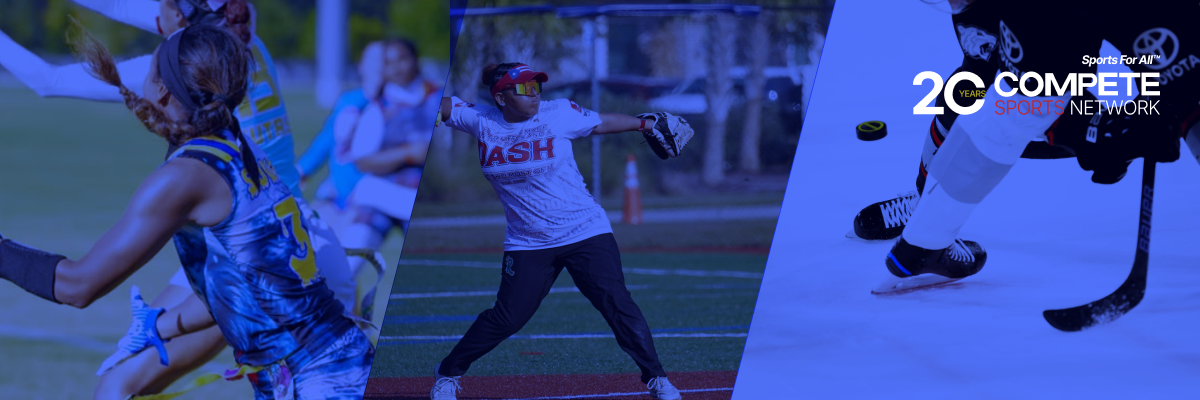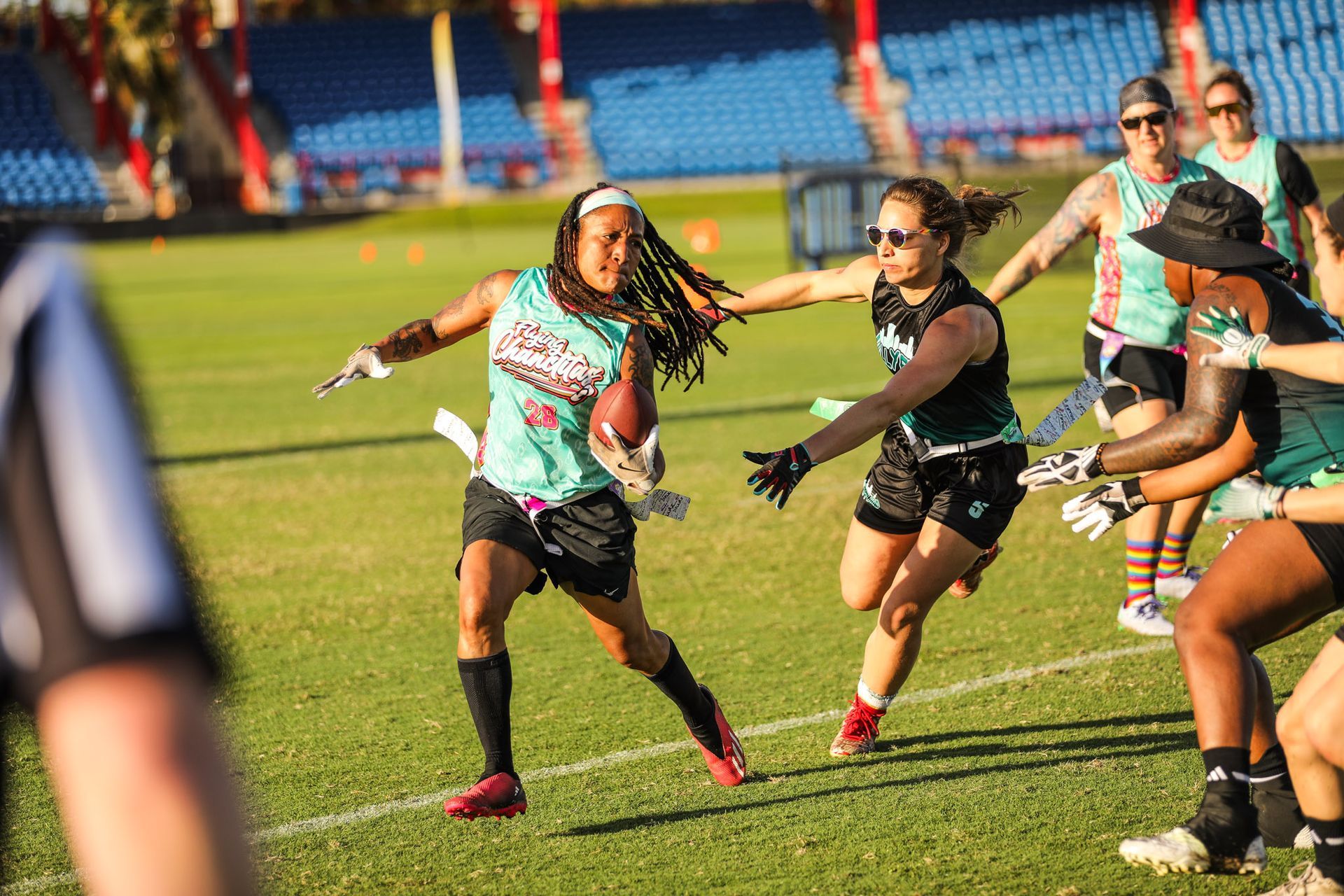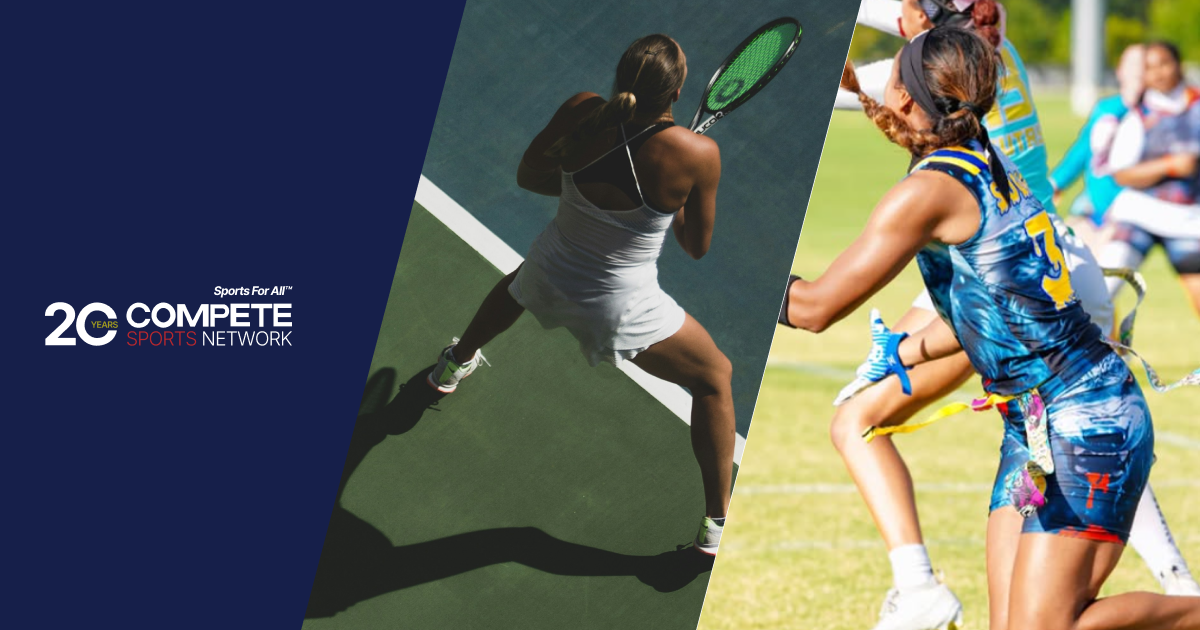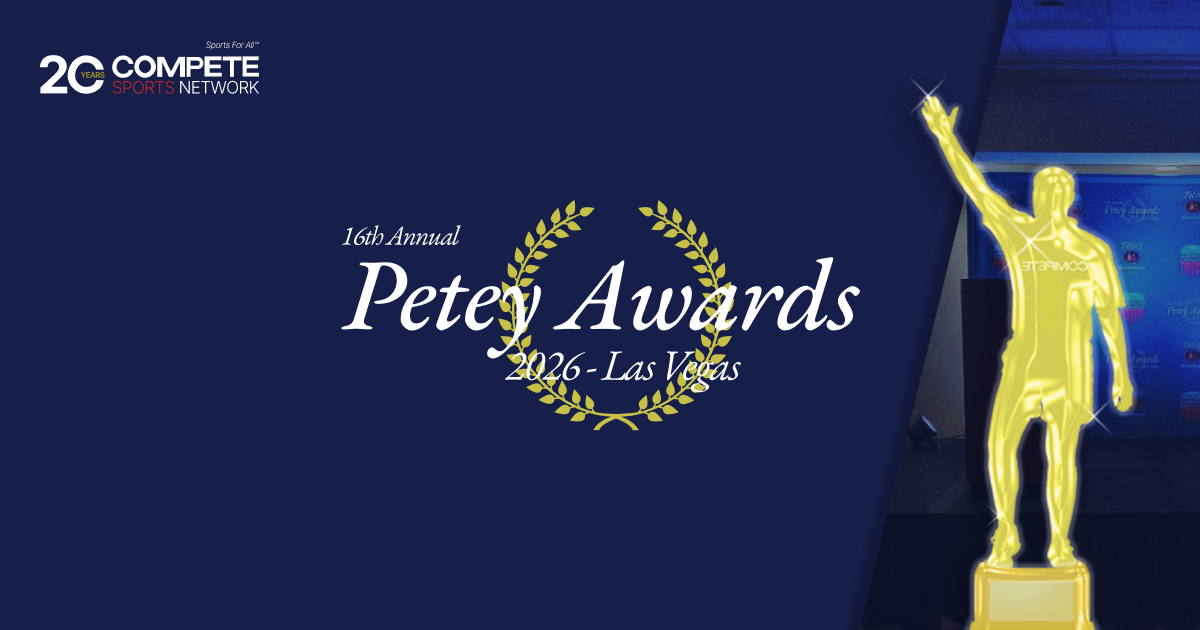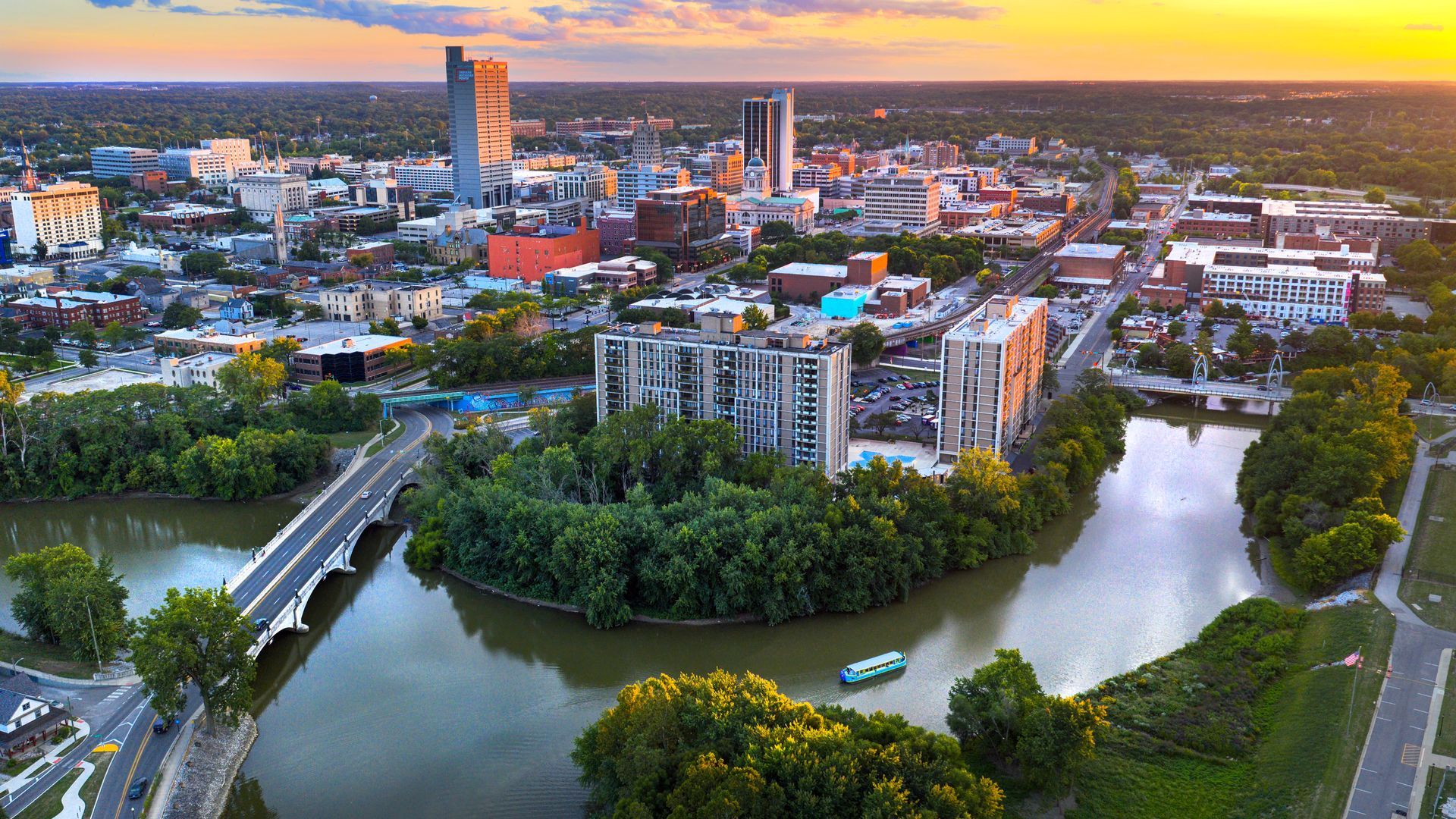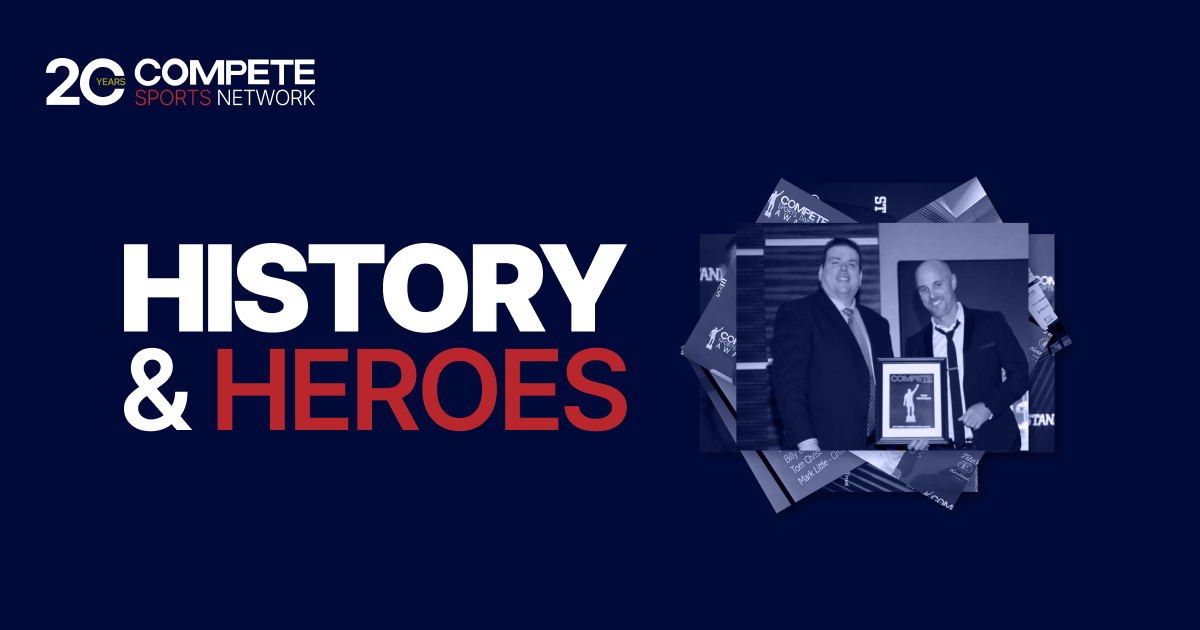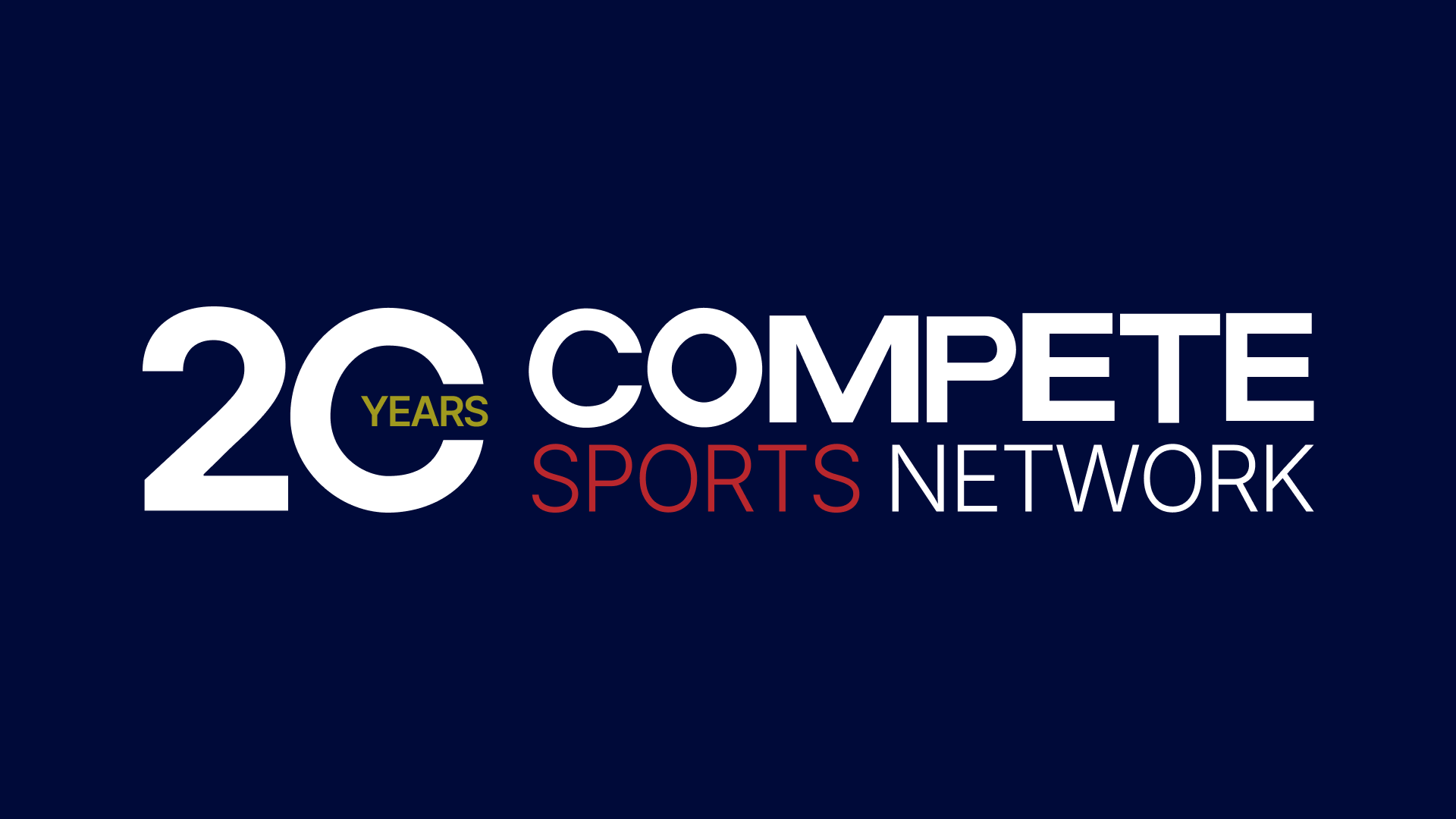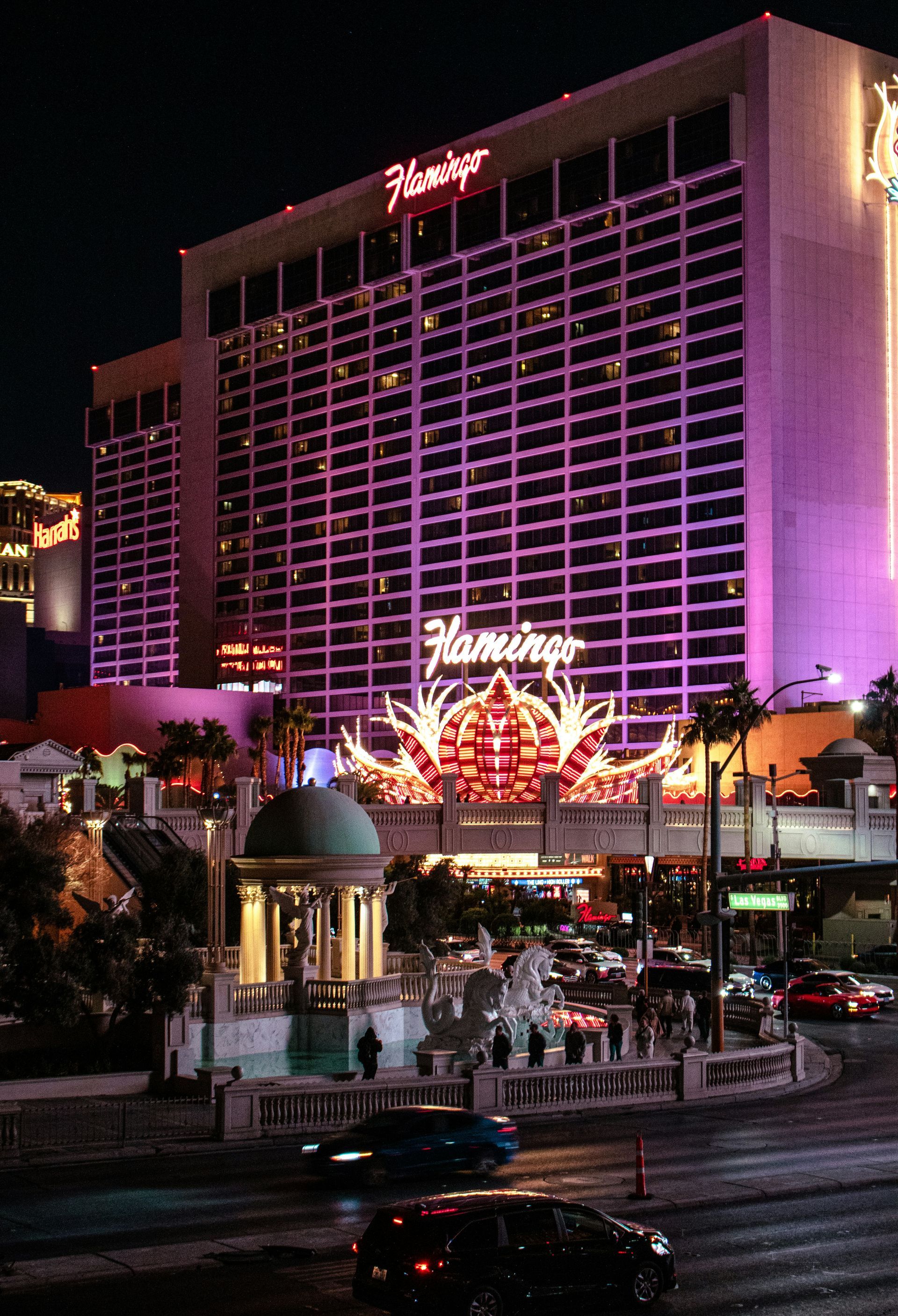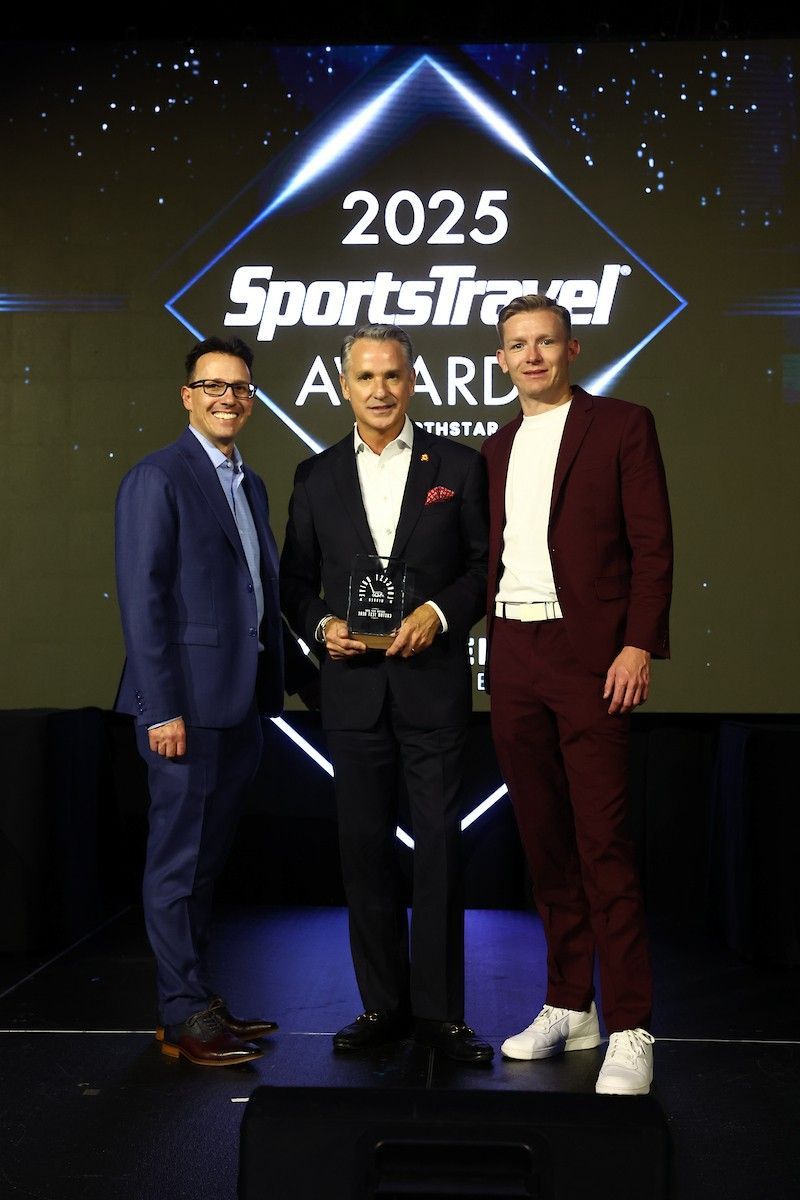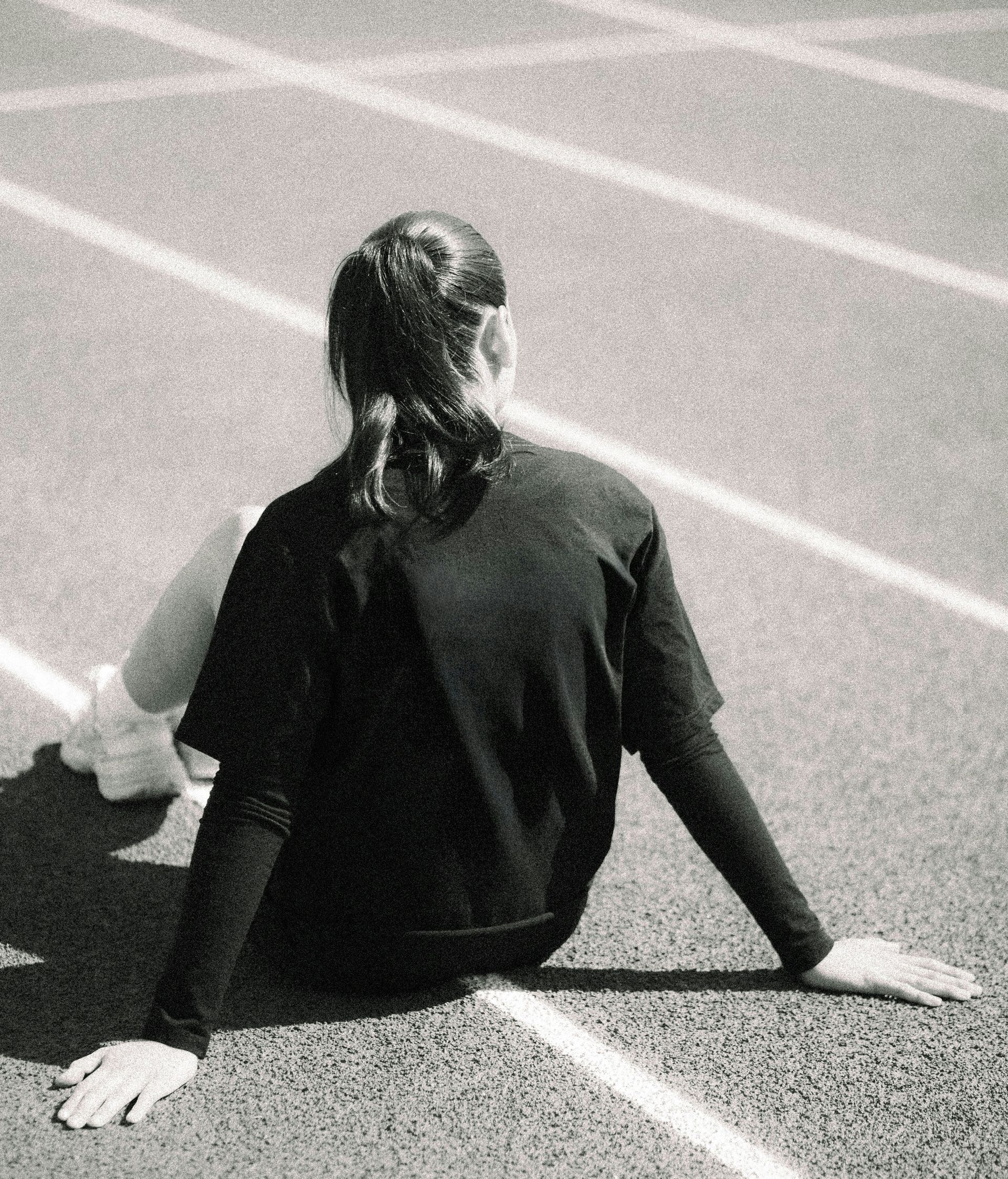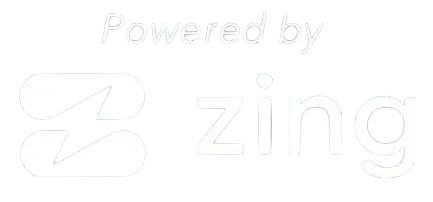A Celebration of Sport, Culture, and Inclusion: Gay Games XII Arrives in València
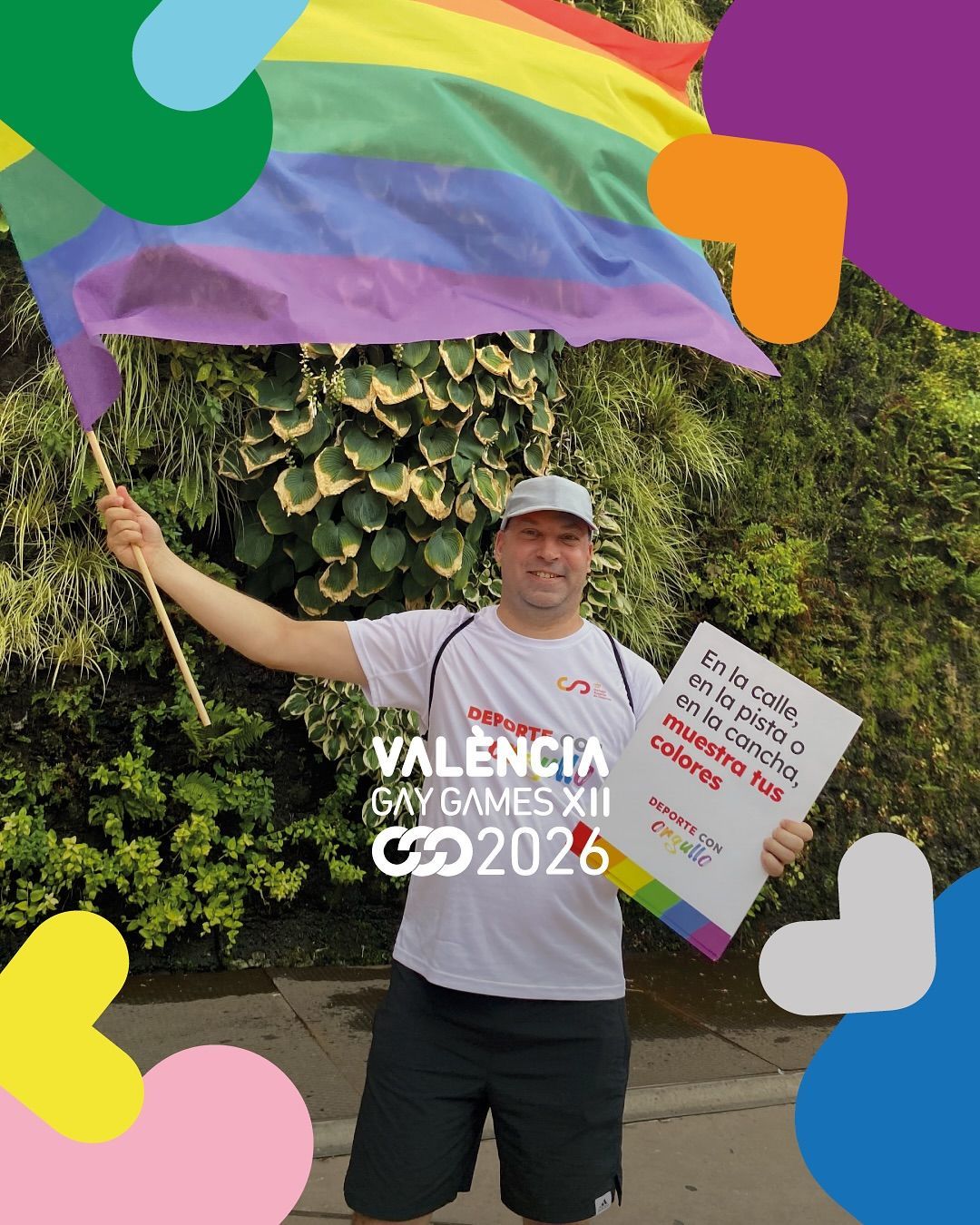
Photo credit: Gay Games XII Valencia 2026
In 2026, the vibrant city of València will host the Gay Games XII—an event that promises to be more than just a global sports competition. With its sun-drenched boulevards, world-class venues, and progressive spirit, València is preparing to welcome thousands of athletes, artists, and allies in a celebration of diversity, inclusion, and community.
We spoke with María Ángeles Vidal, Managing Director of the Fundación Deportiva Municipal de València, and Jon Landa Diestro, a volunteer specializing in promotion, culture, and communications, to get a glimpse of what makes the València edition so special.
A City Ready to Shine
“Many things make València 2026 unique,” says Landa. “The city itself is a highlight—walkable, sunny, full of bike lanes, rich with history, and alive with street culture. You can enjoy the beach within minutes or relax in Europe’s longest urban park. And the food? Incredible and affordable.”
Vidal adds, “The Games will unfold across professional sports venues, all within a 10-kilometer radius. Our outdoor festival village and ceremonies will take place in unforgettable locations. This isn’t just a sports event—it’s a cultural celebration in a country that leads in LGBTIQ+ rights and knows how to enjoy life.”
Building Inclusion from the Ground Up
Inclusivity is the core principle of the Gay Games, and València 2026 will honor that tradition while taking it a step further.
“Everyone is welcome,” Landa affirms. “Some sports will be entirely open with no gender divisions. Others will offer ‘Women’ and ‘All Genders’ categories, where athletes compete in alignment with their gender identity—no questions asked, fully supported by Spanish law.”
Accessibility is also front of mind. Venues will be fully accessible, cultural events will feature subtitles or sign language interpretation, and considerations are being made for participants with autism, hearing impairments, or low vision. “Spain is advanced in this regard, and we’re building on that foundation,” Landa says.
A Lasting Legacy for LGBTIQ+ Sports
The impact of the Games will go far beyond the nine days of competition. “Local sports organizations are receiving education on LGBTIQ+ inclusion,” explains Vidal. “We’re upgrading facilities to be more inclusive not just for the event, but long into the future.”
Landa adds, “We hope this will be a rallying cry for LGBTIQ+ athletes, especially those who don’t have access to queer sports—maybe because they live in rural areas or don’t even know such communities exist. This is their invitation.”
Unified Support from Government and Community
An event of this scale requires more than enthusiasm—it requires commitment. “The València City Council has granted us access to venues across the city for over 39 sports and 10 cultural events,” says Vidal. “We’re also collaborating with AVEGAL, a local collective of LGBTIQ+ businesses, to ensure this event has a positive and lasting economic and cultural impact.”
Security and well-being are also top priorities. València 2026 will feature multilingual support staff, safety desks, all-gender restrooms, FLINTA* spaces, and inclusive changing rooms. Coaches and staff are being trained on inclusive language, pronouns, and how to handle LGBTIQ+-specific incidents.
The Road to Registration
Registration is open and easy. “Just go to our website, click ‘Registration,’ and select your sport,” says Landa. “We’re especially encouraging women, trans, and non-binary athletes to sign up, and we’ve created a discount code to support them. But act fast—fees will rise.”
What Awaits in València
Visitors can expect a warm welcome in a city that embraces both tradition and modernity. “This is a place where you can truly be yourself,” says Vidal. “With excellent public transport and miles of bike lanes, getting around is easy. And don’t leave without trying orxata, fresh local oranges, and of course, authentic paella—València is its birthplace.”
New Sports and Old Traditions
València 2026 will debut padel and e-sports, and introduce local favorites like pilota Valenciana and colpbol through free workshops. “Some of the events—like quadball, soccer, and track & field—will take place in the city’s transformed riverbed park,” Landa explains. “It’s also where the Gay Games Village will be, nestled within the futuristic City of Arts and Sciences.”
The Games welcome all skill levels. “You don’t have to be a pro,” Landa emphasizes. “This is about participation, community, and joy. Yes, there are medals, but the true spirit of the Games is about showing up and having fun.”
Embracing Diversity and Visibility
València 2026 aims to be the most diverse Gay Games yet. “While cisgender men have traditionally been the majority, we’re working hard to change that,” says Landa. “We’ve implemented a 10% discount for FLINTA* athletes and are doing targeted outreach to underrepresented communities.”
FLINTA—an acronym widely used in Germany—stands for female, lesbian, intersex, non-binary, trans, and agender individuals.
A Cultural Tapestry
The Games are more than sport—they are an immersive cultural journey. “Your accreditation badge will give you access to exhibitions on local queer history, regional dance and music, and food and drink experiences,” says Vidal. “Expect Valencian classics like Falles, mascletàs, and traditional costume on display.”
There’s also a conference on breaking gender binaries in sports, art exhibitions, musical performances, and memorial quilt displays. “Fire and light—so central to Valencian identity—will be everywhere,” Landa adds.
A Global Movement
The Gay Games play a powerful role in advancing LGBTIQ+ visibility worldwide. “They help athletes come out, connect, and compete with pride,” Landa says. “We may not legislate change, but we build community and create space for authenticity.”
The Federation of Gay Games has also partnered with global LGBTIQ+ organizations and corporate allies to fund ambassador programs, enabling underprivileged athletes—especially from Northern Africa this year—to attend and participate.
Looking Ahead
What does the future of LGBTIQ+ inclusion in sports look like? “Hopefully,” says Landa, “it’s a world where no one has to explain their identity just to play the sport they love. Until then, we need safe spaces like the Gay Games—and a broader cultural shift that brings inclusion into every locker room, team, and tournament.”
